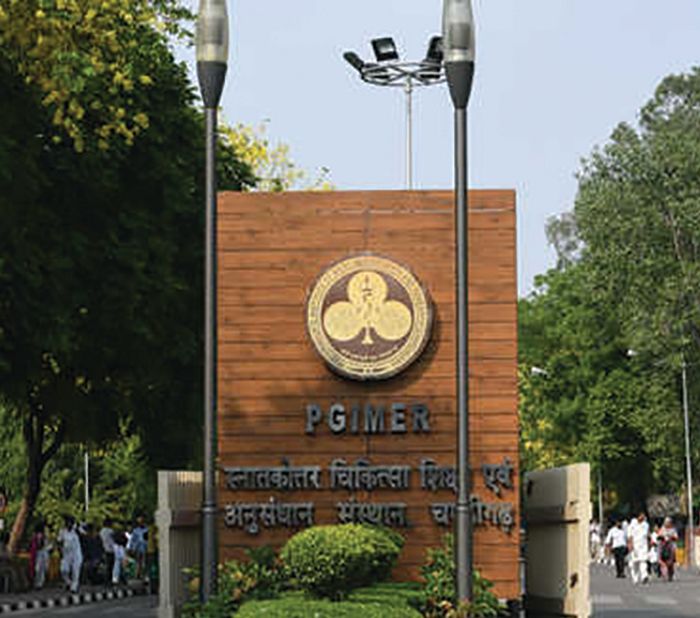Congenital disorders
Staff crunch hits cancer patient care at PGI
Tribune News Service
Naina Mishra
Chandigarh, August 13
The Department of Hematology and Medical Oncology at the Post Graduate Institute of Medical Education and Research (PGIMER) has been grappling with an acute shortage of medical staff, impeding the effective delivery of cancer care services.
Established in 2021 to cater to cancer patients, the department needs more senior residents and faculty members to handle the staggering patient load.
With approximately 48,000 patients visiting the department annually, it has only seven doctors, a fraction of what is required to provide efficient cancer care. Experts assert at least, 30 doctors are needed to manage the volume of patients effectively.
- 48,000 patients received annually
- 7 doctors in all in the dept
- 30 doctors needed to handle patient load, say expeRts
One of the critical services affected by the shortage is bone marrow transplants. Since the inception of this service in 2003, the department has been witnessing a rising number of cases each year. In the fiscal 2020-21, 49 bone marrow transplants were conducted — an average of four transplants per month. The procedures primarily target seriously ill patients suffering from life-threatening blood disorders such as multiple myeloma, lymphomas, leukaemia, immunodeficiency disorders, aplastic anaemia and thalassaemia. The shortage of medical experts is particularly evident in cases of acute leukaemia, which necessitates immediate and intensive treatment. The department handles approximately 700-800 newly diagnosed leukaemia patients and 6,000-7,000 patients on follow-up. To handle these numbers, a minimum of three additional faculty members are required.
Similarly, the management of non-Hodgkin lymphoma, Hodgkin lymphoma and other related disorders requires a significant increase in staffing. The department at present is overseeing around 200 newly diagnosed cases and up to 3,000 patients on follow-up. To provide appropriate chemotherapy, immunotherapy and manage complications, two additional faculty members are urgently needed. Thalassaemia, a congenital blood disorder prevalent in northern India, demands frequent blood transfusions for approximately 450 patients every two or three weeks. A lack of resources hampers their effective management to prevent complications due to repeated transfusions.
About aplastic anaemia, another serious blood disorder, around 100 new patients report annually and 500-600 on follow-up. These patients often require high-intensity treatments and bone marrow transplants, necessitating recurrent admissions due to infections.
Besides, there are rare blood disorders that are often diagnosed at the PGIMER due to their complexity. These disorders, including immune thrombocytopenia, haemophilia, autoimmune haemolytic anaemia, and more, demand additional faculty to provide specialised care.
#Cancer
#PGI Chandigarh

